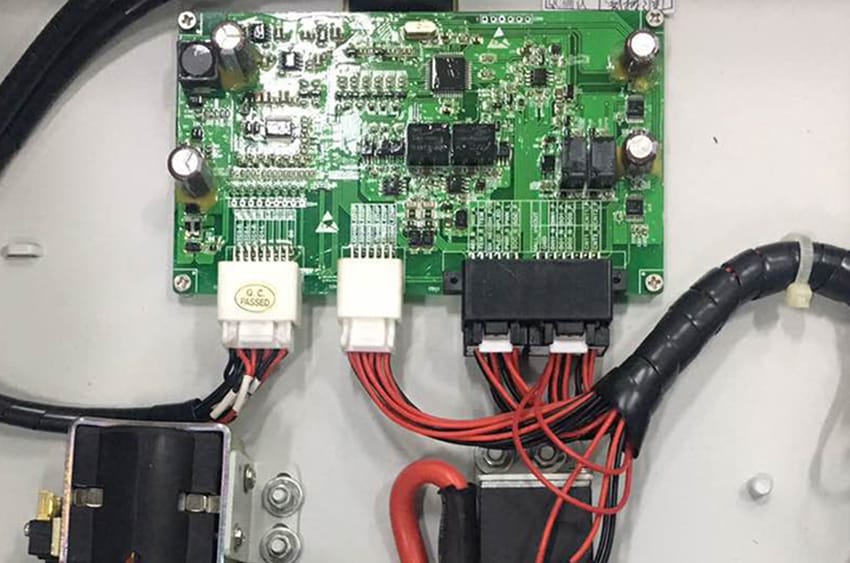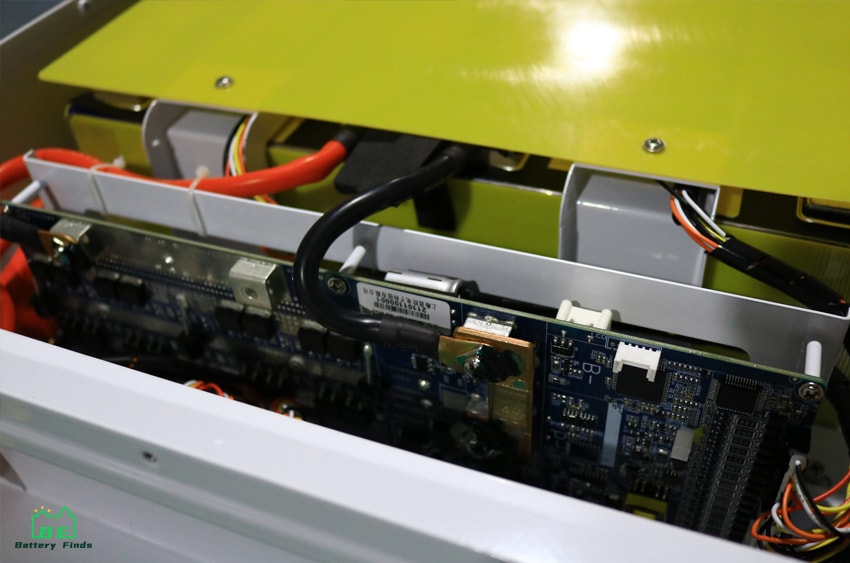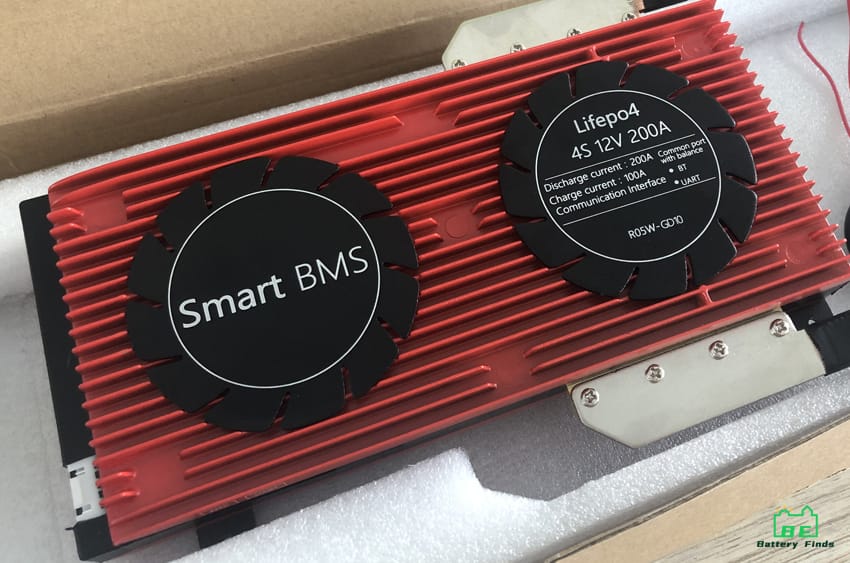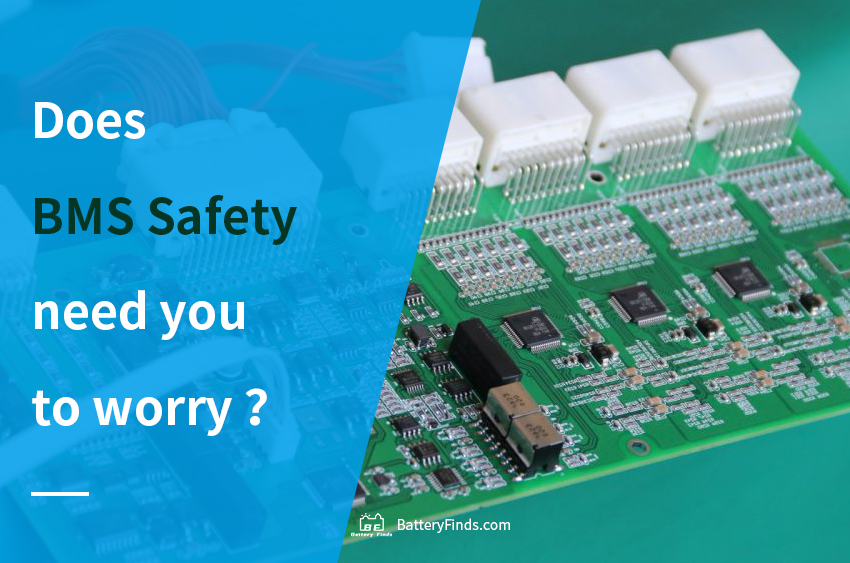Everyone who owns LiFePO4 batteries should have a good BMS installed. However, due to a lack of understanding, many people will question BMS safety and think that BMS is the culprit of battery damage. For those who understand the working principle of BMS, this is completely unreasonable.
What's BMS?

BMS is ”Battery Management System”, and some people will call it a “Battery Housekeeper”. The main function of BMS is to intelligently manage and maintain each LiFePO4 cell and monitor the status of the battery. It can prevent the battery from overcharging, over-discharging, over-current, etc., so as to prolong the performance and service life of the battery.
BMS can be regarded as the product of the integration of various functional elements. BMS will include control modules, display modules, communication modules, electrical modules, small battery modules, and information acquisition modules. Diversified modules provide BMS with rich and important functions. These modules can detect the voltage, current, and temperature of LiFePO4 batteries in real-time through sensors, and also perform leakage detection, thermal management, battery balance management, and alarm reminders. , and can also calculate the state of charge (SOC) status, etc. It is really powerful. These functions are critical for LiFePO4 batteries, so there is a saying that the battery pack must be equipped with a Battery Management System.
Is BMS Safety Guaranteed?

As an accessory to ensure the normal and efficient operation of LiFePO4 batteries, BMS safety is excellent. First of all, it seems that the BMS has many different types of functions, but these functions do not put too much burden on the BMS itself. At the same time, an excellent BMS is generally equipped with a cooling fan, and there is basically no damage to the components caused by overheating. More importantly, BMS is not like a battery, which is chemically reacting all the time, which means that the BMS safety is higher than that of the LiFePO4 battery itself.
Could the BMS be Damaged?

(Good quality BMS often use shell protection.)
Of course, the BMS may also be damaged. Some inferior BMS may have insufficient manufacturing process and technology, and interface damage, module conflicts, etc. will occur. function, the probability of damage is greatly increased. The BMS mentioned by some people will cause the premature failure of LiFePO4 batteries, most of which can be attributed to the poor quality of the BMS used.
But a good BMS will not have the above situation. Most of the damage of excellent BMS is caused by the improper personal operation. For example, the wiring is wrong, the BMS is violently hit, and the BMS enters the water. These bad operations will cause different degrees of damage to the BMS and eventually lose its function.
Summary
There is no need to worry about BMS safety. Using a high-quality BMS will not cause premature failure or damage to LiFePO4 batteries. Instead, using an excellent BMS can make your battery last longer. Of course, the premise is to use the correct wiring. This guarantees that your LiFePO4 batteries will run longer and you will get more out of it.


Hi
If you have a lithium battery that doesn’t have a BMS and is connected to an inverter that can cut off charging at a precise voltage level and also cut off discharging at a precise voltage level, is the battery safe?
Thank you for reaching out with your query. It’s great that you’re considering the safety aspects of lithium batteries.
Without a Battery Management System (BMS), you’re relying solely on the inverter to manage the battery’s charge and discharge cutoffs. While precise voltage level cutoffs are essential, a BMS offers additional layers of protection such as monitoring cell balance, temperature, and providing short circuit protection.
In the scenario you described, the battery might operate within safe voltage levels, but it lacks the comprehensive monitoring and protection a BMS provides. This can potentially lead to issues with cell imbalance, overheating, or other problems that might not be immediately obvious but could affect the battery’s lifespan and safety over time.
For optimal safety and performance, I would strongly recommend using a BMS with your lithium battery. If you have further questions or need assistance in selecting a suitable BMS, please don’t hesitate to ask.
Best regards,
Eva